I Contain Multitudes: The Microbes Within Us and a Grander View of Life
by Ed Yong
Ed Yong's I Contain Multitudes is a captivating exploration of the microbial world and its profound impact on animal life, including humans. It dismantles the traditional "germs are bad" narrative, highlighting the vast and diverse benefits of these microscopic companions.
The book delves into various aspects of the microbiome:
- Origins: The book traces the evolution of microbes and their symbiotic relationships with animals, from the origin of eukaryotes to the diversification of animal life. It discusses the key role of bacteria in shaping the Earth's atmosphere and ecosystems, as well as their influence on the development of the first animals.
- Body Building: Yong explores how microbes actively shape animal bodies, from the development of the gut and immune system to the construction of organs like the squid's light organ. He also delves into how microbes influence animal behavior, demonstrating a powerful gut-brain connection.
- Symbiosis and its complexities: The book emphasizes the dynamic nature of symbiotic relationships, highlighting both the benefits and the potential downsides of co-existence. It discusses how microbes can act as partners, parasites, and even pathogens depending on the context.
- The Impact on Animal Evolution: Yong explores how microbes have driven major evolutionary transitions, allowing animals to occupy unique niches, digest challenging diets, and develop extraordinary capabilities like bioluminescence, toxin detoxification, and resistance to parasites.
- The Human Microbiome: The book delves into the human microbiome, emphasizing its critical role in health and disease. It examines the impact of modern lifestyles – including antibiotics, processed food, and sanitation – on the microbiome and its implications for conditions like obesity, inflammatory bowel disease, and allergies.
- Harnessing the Microbiome: Yong explores the potential of manipulating the microbiome for human benefit, focusing on probiotics, fecal microbiota transplantation (FMT), and synthetic biology. He discusses the challenges and ethical considerations surrounding these interventions.
Key takeaways:
- Animals are not isolated entities, but rather intricate ecosystems harboring vast populations of microbes.
- The microbiome is a dynamic entity that is constantly shaped by diet, environment, and other factors.
- Most microbes are not harmful; they play vital roles in supporting animal health, development, and evolution.
- The disruption of the microbiome through modern lifestyles can have severe consequences for animal health and can even contribute to the rise of "modern plagues" like obesity, allergies, and inflammatory bowel disease.
- The understanding of the microbiome offers exciting possibilities for manipulating microbial communities to improve human and animal health and to control diseases.
Overall, I Contain Multitudes provides a fascinating, accessible, and often humorous look at the hidden world of microbes. It encourages readers to reconsider their relationship with these microscopic organisms, and to view the animal kingdom as a wondrous network of symbiotic partnerships.
